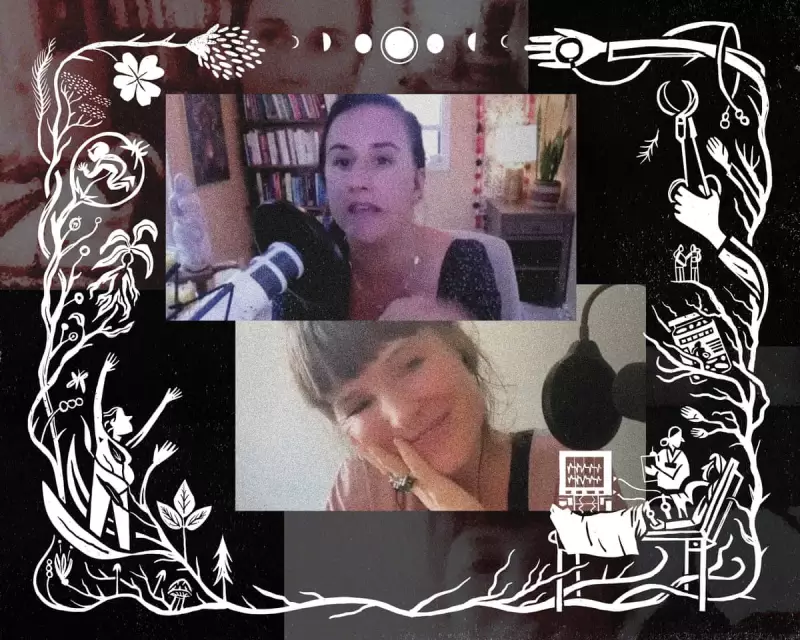
Medical experts across the United Kingdom are issuing urgent warnings about the dangerous rise of the 'free birth' movement, where women deliberately give birth without any medical assistance or professional present.
The Alarming Trend Putting Lives at Risk
Senior healthcare professionals have described the trend as "life-threatening" and "ignorant" as social media platforms become flooded with misinformation promoting unassisted childbirth. The phenomenon involves women intentionally planning to give birth without midwives, doctors, or any qualified medical support, often influenced by online communities that spread false claims about hospital births.
Professor Marian Knight, a leading maternal health expert at the University of Oxford, stated that the normalisation of free birthing through social media represents one of the most significant threats to maternal safety in recent years. "We're seeing vulnerable women being fed dangerous misinformation that could cost them or their babies their lives," she explained.
How Misinformation Spreads Through Digital Channels
The problem has been exacerbated by algorithms on platforms like Instagram and TikTok that push free birth content to pregnant women. These posts often romanticise unassisted childbirth while spreading false claims about hospital interventions.
Dr. Emily Staddon, a consultant obstetrician, highlighted several concerning patterns: "We're seeing claims that hospitals are dangerous places to give birth, that medical staff routinely perform unnecessary interventions, and that childbirth is always a natural process that doesn't require monitoring." She emphasised that while most births are straightforward, complications can arise suddenly and without warning.
Research indicates that content promoting free birth often targets women who have had previous negative experiences with maternity care, offering a seemingly empowering alternative that actually puts them at greater risk.
The Real Dangers Behind the Social Media Glamour
Medical professionals stress that childbirth, while natural, carries inherent risks that require professional monitoring. Postpartum haemorrhage, umbilical cord complications, and neonatal resuscitation needs are among the emergencies that can turn deadly without immediate medical attention.
NHS data reveals that even with advanced medical care, serious complications occur in approximately 1 in 8 births, requiring urgent intervention that wouldn't be available during a free birth.
Sarah Roberts, a senior midwife with over twenty years of experience, shared her concern: "I've seen situations where minutes made the difference between life and death. The idea that you can safely manage these emergencies at home without training is dangerously misleading."
The Royal College of Midwives has launched new guidance to help healthcare professionals discuss birth choices with women while addressing the misinformation circulating online. They emphasise that while women should have choice in their care, those choices must be informed by evidence-based medicine rather than social media trends.
Experts are calling for greater regulation of health misinformation on social platforms and improved education for expectant parents about the real risks of unassisted childbirth. As Professor Knight concluded, "Childbirth safety has advanced dramatically through medical science. Turning our backs on this progress puts vulnerable people in harm's way."






